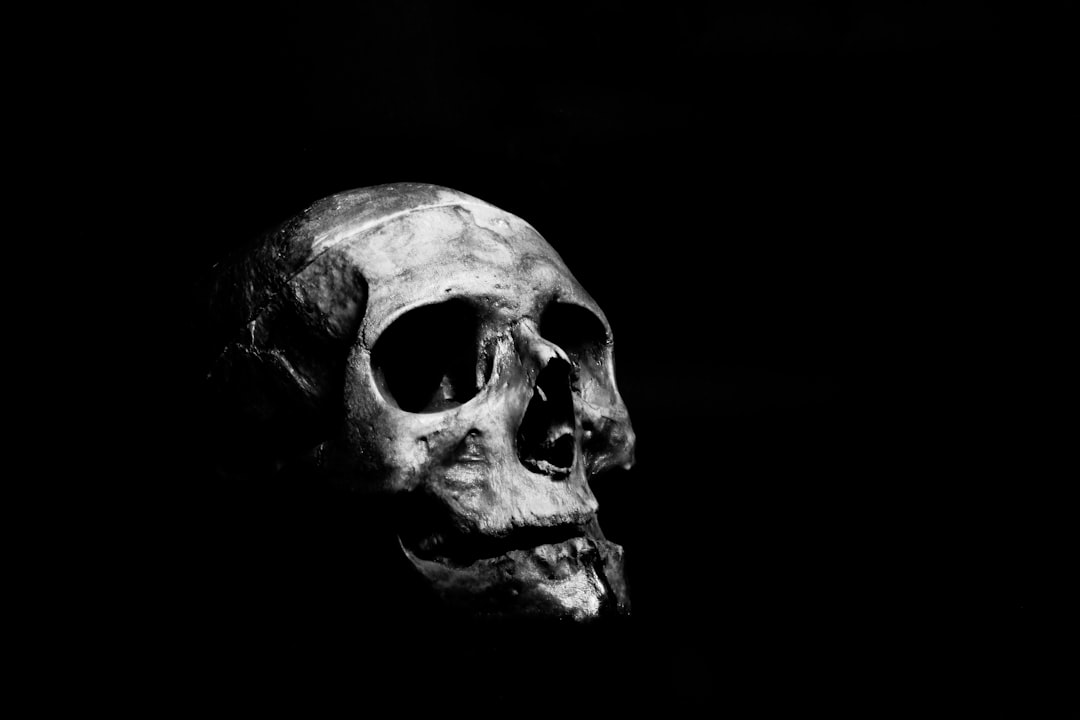That's the line that stuck out to me from this podcast/interview with Ephrem Radner, shared with me by my friend Charles. It’s a great interview, I recommend you listen to it, as Radner speaks very bluntly and with great conviction about the issue of euthanasia in Canada.
But I want to just reflect on mortality today. “Want to” might be too strong an expression. It’s not that I particularly enjoy being morbid, despite rumours to the contrary. It’s that I think it’s a thing worth doing, precisely because all our lives are lived in the shadow of death.
“All of us are dying. That’s part of who we are.”
The great thing about getting older is that your body begins to give you more frequent reminders of your mortality. In your 20s, if you also happen to be fit and healthy (which, of course, many of us are not), it’s not just easy to feel immortal, it’s difficult not to. Your body seems to function with so much capacity, to be pushed to its limits, to grow and develop muscle, to recover from being punished. I realise this isn’t everyone’s experience of their 20s, but it’s at least widespread. Your body does so much, and being healthy seems like a normal to which you can return.
Time, however, marches on inevitable. I’m a person mostly in denial about aging. I’m extremely active, have a very capable body, and keep on exercising and training like I was much younger. It’s not just a mental denial of aging, I’m physically attempting to stave off my own mortality, one pull-up at a time. I’m trying to say “no” to time. And it’s a losing battle.
There’s nothing quite so humbling as disease and illness, in whatever form they come. As I write these words I’m recovering from surgery, one more reminder that my body is betraying my day by day. I can’t exercise for a while, which feels like being told that I’m not allowed to keep warring against age. I will get back to that fight as soon as I’m permitted. It’s ultimately futile - I will die one day; but it’s not pointless, I’d rather live as healthily and well as I can until I die.
All care is palliative. It’s a kind of momento mori statement. Whatever treatments we have, surgeries, medicines, therapies - all of them serve to stave off death a little longer, or ease the time until we go. None of us know what it would be like to be born to be immortal; every human being on this earth is born into a world characterised by, defined by, death.
The two creatures you most meet in fiction that are (theoretically) immortal are elves and vampires. Vampires are immortal because they’re undead. It’s actually their curse to be dead but not dead, to carry on an existence stripped of natural organic processes, caught in a stasis that parasitically feeds on the living, but never nourished. Vampires are a mirror, and a dark one, to our desires for immortality. Elves, on the other hand, well. Tolkien’s elves are much more like unfallen humans living in a fallen world. That’s a fascinating thought experiment in itself. Most other versions of elves are cheap knock-offs, with long life spans. I sometimes wonder why the suicide rate of fantasy elves isn’t higher. What does one do with 1000 years? But elves gives us a slight glimpse about what it might be like to live forever and not be bound to frail flesh that dies.
Which is the hope of Christian resurrection. That we will be raised in bodies no longer subject to death, nor to the incumbencies that accompany it. We struggle to imagine a world without death, which is why we also fail to conceive what our own existences might look like. But the hope is there, a flame in the dark. It’s not wishful thinking, it’s something more profound. And it transforms the darkness. How can you accept the death that’s coming for you? If death is all there is, then you will rage violently at its every incursion. If death is not all there is, then we can rage and fight against it every step of the way, and yet still accept that there’s a time to go, because death has lost its sting. If death has been defeated, I don’t have to defeat it.

